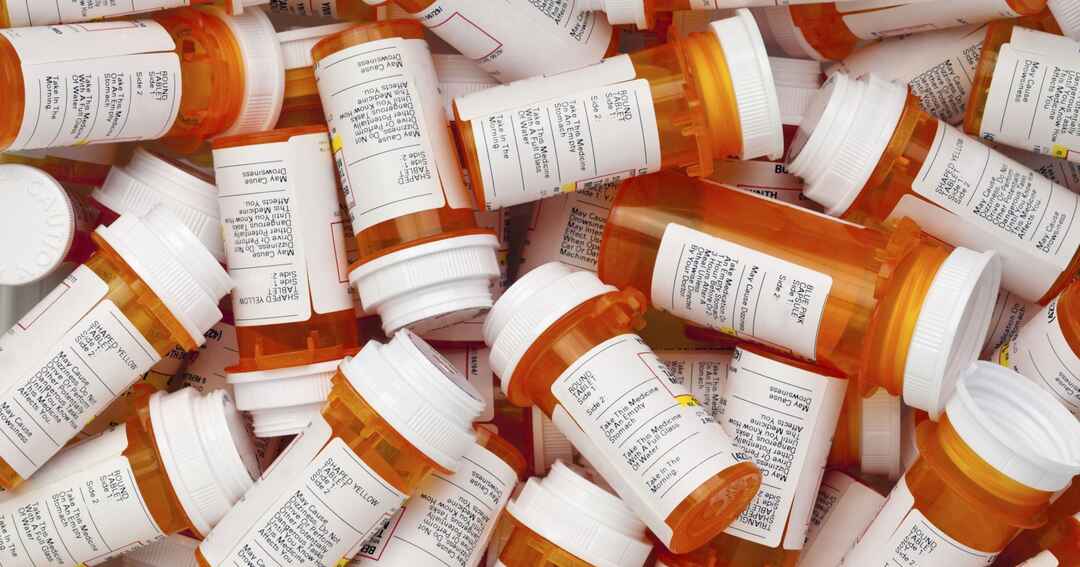
How Has the Coronavirus Affected the Opioid Crisis? Overdoses Reported Nationwide
As the coronavirus crisis continues in the United States, so too has the crisis of opioid addiction. Increases in opioid overdoses are being reported by large urban areas nationwide—and it’s a signal that the addiction crisis is fighting a significant battle of its own in regard to the effects of coronavirus.
In a new report from the Washington Times, Ohio Senator Rob Portman expressed his growing concerns about the opioid epidemic, and how the coronavirus has potentially led to an increase in overdose numbers in cities like Columbus and Dayton.
“We were finally making progress on this issue in Ohio. Here we are back to unacceptably high numbers,” he told the publication.
According to the Times, 13 fatal overdoses occurred in the Columbus area over a 48-hour period, while 37 overdoses occurred in the Dayton area in the month of March.
With overdoses mounting, the race to provide proper treatment and protection for those living and working in recovery environments is on. Portman will be fighting for those in recovery houses to receive personal protection equipment (or PPE) as part of a new phase of coronavirus relief, to ensure that these crucial facilities for addiction treatment do not become a “hot spot” for virus transmission.
With millions of Americans filing for and fighting to receive unemployment benefits, and tensions in the home at an all-time high, the circumstances for those in recovery from addiction have grown increasingly difficult since the onset of the coronavirus pandemic. With social distancing guidelines continuing to extend into an unprecedented third month, those who rely on community to guide their recovery are struggling mightily to see the light at the end of this tunnel.
One Step Forward, Two Steps Back
From Canada to Florida, emergency departments and first responders are reporting significant increases in overdose emergency calls for the month of March. In New York, one county reported over 110 drug overdoses over the course of one month.
In a statement, US Attorney for the Western District of New York James Kennedy Jr. said, “I think we need to consider the role that social isolation coupled with non-stop reporting on the pandemic may have on the feelings of desperation and hopelessness among those struggling with substance abuse.”
Earlier this year, the Centers for Disease Control and Prevention (CDC) reported in their annual findings that overall drug overdose rates had decreased by 4.1%—the first reported decrease in decades. While on the surface, it appeared that progress was being made, the crisis of opioid addiction persisted—and that progress was soon to encounter an unpredictable event.
With the shutdown affecting the entire country, it will be difficult to gain a data-based understanding of overdoses nationwide. Although, as we look at reports from local municipalities, it is clear that we are facing what many had feared would happen as a result of extended isolation.
Under typical circumstances, feelings of isolation can often lead to relapse, though the circumstances surrounding this pandemic are anything but typical. Losing access to recovery meetings, community support, and in some cases, in-person addiction treatment, can take a serious toll on someone who is in the fragile stages of early sobriety.
Finding Hope and Providing Help
Now, more than ever, it is crucial that we provide recovering addicts with the resources they need to stay sober in these unprecedented circumstances. Overcoming challenges and becoming resilient are common themes of sobriety, though in the current landscape of our country—and our world—there is no rule book for recovery.
We must remember that even in times of “social distancing,” recovering addicts need social connection and support, and that even in times of isolation, those who are fighting to recover are never alone.
If you are struggling with increased feelings of anxiety or depression due to the coronavirus pandemic, please reach out to RECO. We are fully equipped to provide our services during this time and are here to help.